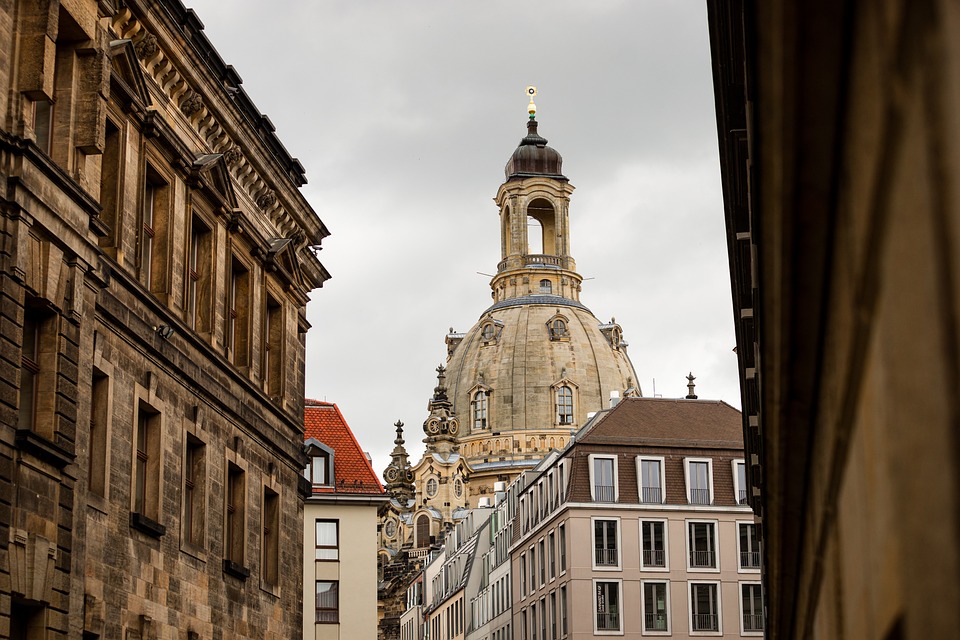
The Influence and Historical Significance of Cultural Traditions
Cultural traditions are a reflection of a society’s beliefs, values, customs, and way of life. They are passed down from generation to generation and play a crucial role in shaping the identity and character of a community. These traditions encompass a wide range of practices, including rituals, ceremonies, festivals, art forms, music, dance, language, and cuisine. The influence and historical significance of cultural traditions cannot be understated, as they have a profound impact on individuals, communities, and nations.
Preservation of Heritage
One of the primary reasons why cultural traditions hold such importance is their role in preserving heritage. They serve as a link to the past, connecting individuals to their ancestors and providing a sense of continuity and belonging. By participating in traditional practices and rituals, people are able to maintain a connection to their roots and honor the legacy of those who came before them. This preservation of heritage helps to create a sense of identity and pride within a community, fostering a shared sense of history and culture.
Transmission of Values
Cultural traditions also play a vital role in the transmission of values from one generation to the next. Through various rituals, ceremonies, and storytelling, individuals learn about the beliefs, customs, and moral codes that are important to their society. These traditions help to instill a sense of ethics, morality, and social norms in individuals, shaping their behavior and outlook on life. By passing down these values through cultural traditions, communities are able to maintain a sense of cohesion and unity, creating a shared moral framework that guides their actions and interactions.
Celebration and Commemoration
Cultural traditions are often centered around celebrations and commemorations that mark significant events, milestones, and achievements in a community’s history. These festivals and ceremonies serve as opportunities for people to come together, bond, and celebrate their shared heritage. They provide a sense of joy, camaraderie, and solidarity, strengthening social ties and fostering a sense of community spirit. By participating in these traditional events, individuals are able to connect with others, create lasting memories, and reinforce their cultural identity.
Artistic Expression and Creativity
Cultural traditions encompass a wide range of artistic forms, including music, dance, visual arts, literature, and performance. These art forms not only serve as a means of creative expression but also as a reflection of the values, aesthetics, and emotions of a society. Through these artistic traditions, individuals are able to convey their culture, history, and beliefs in a unique and powerful way. Artistic traditions help to preserve cultural knowledge, inspire creativity, and foster a sense of pride in one’s cultural heritage.
Resilience and Adaptability
Cultural traditions have shown remarkable resilience and adaptability over time, as they have evolved and survived in the face of changing circumstances and environments. Despite the challenges of globalization, urbanization, and modernization, many cultural traditions have endured and thrived, adapting to new contexts and influences while retaining their core values and practices. This resilience and adaptability are testament to the enduring power of cultural traditions and their ability to evolve and shape-shift to meet the needs of a changing world.
Historical Significance
The historical significance of cultural traditions cannot be overstated, as they provide valuable insights into the past and help us to understand the complex tapestry of human history. By studying cultural traditions, historians are able to uncover the beliefs, practices, and social structures of past societies, shedding light on their values, aspirations, and challenges. Cultural traditions offer a window into the past, allowing us to trace the evolution and development of civilizations and societies over time.
In conclusion, cultural traditions play a vital role in shaping the identity, values, and beliefs of individuals, communities, and nations. They serve as a link to the past, connecting us to our heritage and fostering a sense of continuity and belonging. Cultural traditions transmit values, celebrate achievements, and provide opportunities for artistic expression and creativity. They demonstrate resilience and adaptability in the face of change, and offer valuable insights into the historical development of human societies. The influence and historical significance of cultural traditions are profound, enriching our lives and deepening our understanding of the world around us.